Last week we talked about the beauty of vitamin D is and how it could just save your patients’ lives.
At the end, we also touched on why the MK4 form of vitamin K2 is the one we really need.
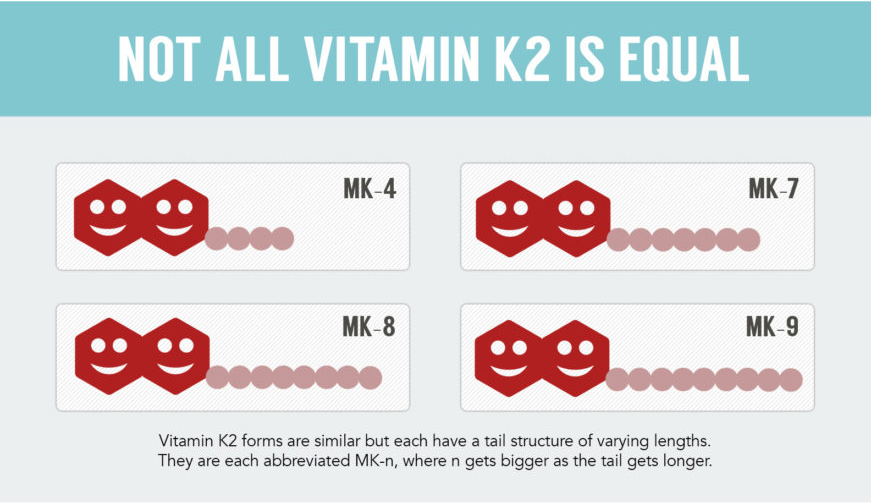
Note that both K1 and MK7 can both convert to MK4 (we will come back to this important but poorly understood conversion shortly).

I will go out on a limb here and suggest that if evolution/mother nature has created that pathway, then MK4 plays a very special role indeed in our health.
Not just bone health but also sex hormones and cancer protection.
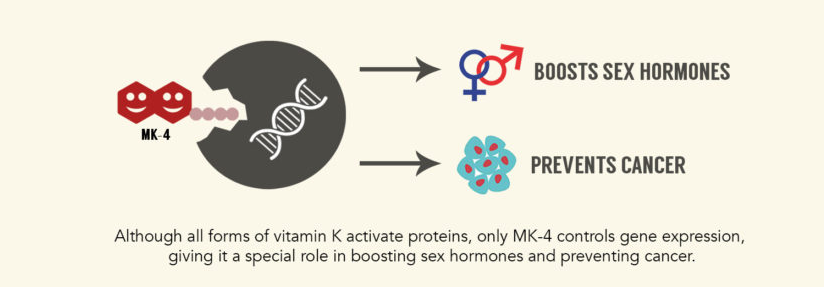



We know that one of the issues of low K2 status is the increased risk of heart disease.

Sadly, the NHS is so obsessed with cholesterol thanks to the might of the medical-industrial complex creating a drug-driven profession, the front line therapy to prevent heart disease is a statin.
But leaving aside the colossal side effects of muscle pain/myopathy, which weirdly only seems to be 1-2 % in RCT’s but in real-world studies, it goes up to 20%. How odd?

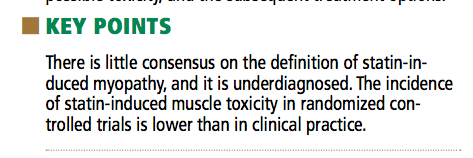
Could it be that in the run phase of an RCT anyone complaining of muscle pain is kicked out?


It is almost as if the researchers have a goal in mind and the real world data is messing with it?
Anyhoo, I am sure the lovely people at the Pharmaceutical companies only have our best interests and health outcomes in mind and not profit.

Back to MK4, which you remember, lowers the rate of heart disease. If you are eating your dark green for K1 then you might be able to convert it to MK4 if the enzyme UBIAD1 is working well.
Take a wild guess which drug reduces the function of this enzyme?

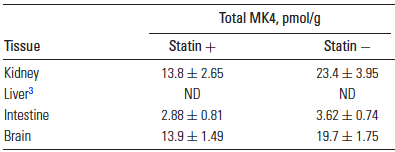
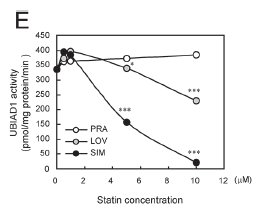
You can’t make this stuff up.
Plus, it may also be the case that the UBIAD1 enzyme is magnesium dependent.


Yet another reason we like to co-prescribe IN Health Magnesium citrate/Plus with the sublingual D3/K2.

Next week we will talk about how low vitamin D might be a risk factor for statin side effects, why that might be and what we can do about it.
ACTIONS TO TAKE:
– Buy a copy of Assem Malhotra’s book, it really helps to explain to patients why reducing cholesterol on it’s own does very little to reduce heart disease.
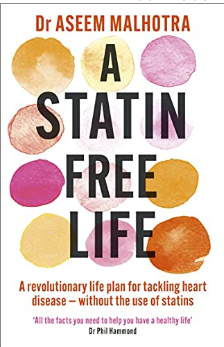
– Always ask about patients energy and aches esp in the morning, some people get a quick onset of muscle pain and fatigue when they start statins but for others it comes on slowly. The challenge then is they will often just accept the side effect as “getting old”.
